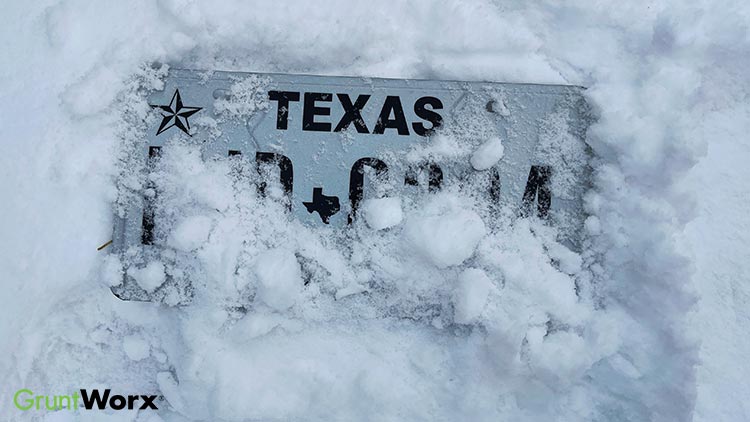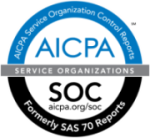

Don’t kick someone when they’re down.
Hopefully, we instead lend a helping hand to those who are hurting. Identity thieves and cybercriminals apparently learned a different lesson growing up. You might not be able to actually see them circling in the sky during a disaster, but make no mistake: Scammers are heartless vultures, and they’re drawn to tragedy.
The FTC is warning that scammers impersonate utilities companies during severe weather-related blackouts. The most recent iteration of this identity-theft threat comes on the heels of devastating winter weather that carved a path through the Southern and Central US.
“They might call to say that they’re sorry your power went out and offer a reimbursement, but first they need your bank account information,” the FTC explains. “They might email you to say that there’s an error in their system, and you have to give them personal information so they can turn your gas on again. They could even threaten to leave your utilities shut off if you don’t send them money immediately. But those are all lies.”
To help combat these textbook villains, the FTC provides a handy list of recommendations for anyone who receives a suspicious call, email, or text from a “utility company:”
- If you get a call, thank the caller and hang up. Never call a number left in a voicemail, text, or email. Instead, if you’re worried, contact the utility company directly using the number on your bill or on the company’s website. Verify if the message came from them.
- If you get a call out of the blue and the caller claims you have to pay a past due bill or your services will be shut off, never give banking information over the phone. To pay your bill over the phone, always place the call to a number you know is legitimate.
- Utility companies don’t demand payment information by email, text, or phone. And they won’t force you to pay by phone as your only option.
- If the caller tells you to pay by gift card, cash reload card, money transfer, or cryptocurrency, it’s a scam. Every time. No matter what they say.
As with other phishing scams, be sure to report anything suspicious to the authorities:
Watch out for fake charity scams, too!The Federal Emergency Management Agency (FEMA) recently issued a disaster declaration for Texas, paving the way for automatic tax relief. As a result, every taxpayer in the Lonestar State gets a brand-new June 15 filing deadline, but many families need the additional help that is often provided by charitable donations from around the country.
If you or your tax clients regularly donate to charities following a natural disaster, just be careful not to inadvertently line the pockets of scammers who are impersonating legitimate organizations—or inventing new, fake charities. Instead of clicking email links or web advertisements asking you to donate, navigate directly to the trusted organization’s website. If you’re considering a donation to an unfamiliar charity, check out the Internal Revenue Service’s Tax Exempt Organization Search Tool on IRS.gov.
Sources: Utility scams are snow joke,” Consumer.FTC.gov ; Victims of Texas winter storms get deadline extensions and other tax relief,” IRS.gov







